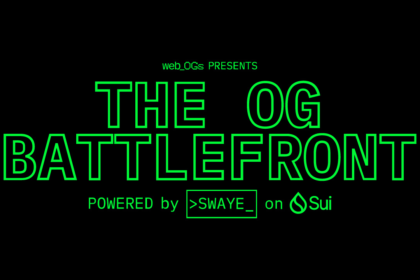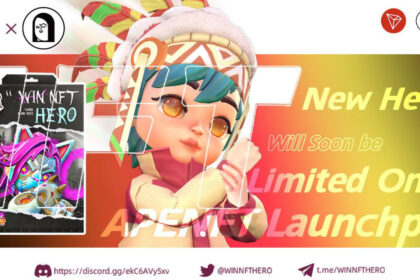In recent years, the gaming industry has witnessed a tremendous surge in popularity and profitability.
With advancements in technology, the gaming landscape is constantly evolving, presenting new opportunities and challenges. One of the most promising developments in technology is blockchain, a decentralized and transparent system that has the potential to revolutionize various sectors. In this article, we will explore the impact of blockchain technology on the gaming industry and how it can drive positive change.
Enhancing Security and Ownership
Blockchain technology offers unparalleled security and transparency, which can address some of the key concerns in the gaming industry. With traditional gaming systems, players often face issues such as hacked accounts, fraudulent transactions, and lack of ownership over in-game assets. Blockchain solves these problems by providing a decentralized ledger that ensures secure transactions and verifiable ownership.
By utilizing blockchain, game developers can create unique, non-fungible tokens (NFTs) for in-game assets, giving players true ownership and control. This enables players to buy, sell, and trade their virtual items with confidence, without the risk of fraud or theft. Additionally, blockchain-based platforms can provide secure player authentication, protecting user accounts from unauthorized access.
Facilitating Transparent Economies
Blockchain technology introduces transparent economies within the gaming industry, where the flow of virtual assets and currencies can be tracked and audited in real-time. This transparency benefits both players and developers by fostering trust and accountability.
In traditional gaming systems, players often encounter issues of inflation, scarcity, and unfair distribution of rewards. By implementing blockchain, game developers can create decentralized marketplaces where players can freely trade their in-game assets, setting their own prices based on supply and demand. This empowers players and creates a more balanced and fair economy within the gaming ecosystem.
Enabling Cross-Platform Compatibility
Another significant advantage of blockchain technology in the gaming industry is its ability to facilitate cross-platform compatibility. Currently, players often face limitations when trying to transfer their progress, achievements, or in-game items between different platforms or games. This can be frustrating and restricts the gaming experience.
With blockchain, developers can create standardized protocols and interoperable systems that allow seamless transfer of assets across different games and platforms. This means that players can carry their achievements and items from one game to another, enhancing continuity and providing a more immersive and personalized gaming experience.
Empowering Game Developers and Content Creators
Blockchain technology not only benefits players but also empowers game developers and content creators. By utilizing blockchain-based platforms, developers can monetize their creations more efficiently and directly engage with their audience.
Smart contracts, a key feature of blockchain, enable developers to receive direct compensation for their work, cutting out intermediaries and reducing revenue loss. Additionally, decentralized platforms provide opportunities for crowdfunding and community engagement, allowing developers to gather feedback and support during the development process.
Content creators, such as streamers and influencers, can also benefit from blockchain-based platforms. By leveraging NFTs, creators can tokenize their content and sell it directly to their audience, creating new revenue streams and fostering a stronger connection with their fans.
Revolutionizing Esports and Competitive Gaming
Esports and competitive gaming have rapidly grown into a global phenomenon, attracting millions of viewers and generating substantial revenue. Blockchain technology has the potential to revolutionize this industry by enhancing transparency, security, and fairness.
Blockchain can ensure transparent and tamper-proof tracking of scores, rankings, and tournament results, eliminating any doubts about cheating or manipulation. Smart contracts can automate prize distributions, ensuring prompt and secure payments to winners. Moreover, blockchain-based platforms can create new avenues for fan engagement, such as voting mechanisms or tokenized virtual goods associated with esports teams or players.
As the gaming industry continues to evolve, blockchain technology offers immense potential to positively impact various aspects of the ecosystem. From enhancing security and ownership to facilitating transparent economies and empowering developers and content creators, blockchain can revolutionize the way we experience and interact with games.
While it is essential to acknowledge that there are many factors influencing search rankings, creating high-quality, informative, and engaging content is a critical component of effective SEO strategies. By providing valuable insights and comprehensive information on the topic, this article aims to position itself as a valuable resource that can outrank other websites and attract organic traffic.









